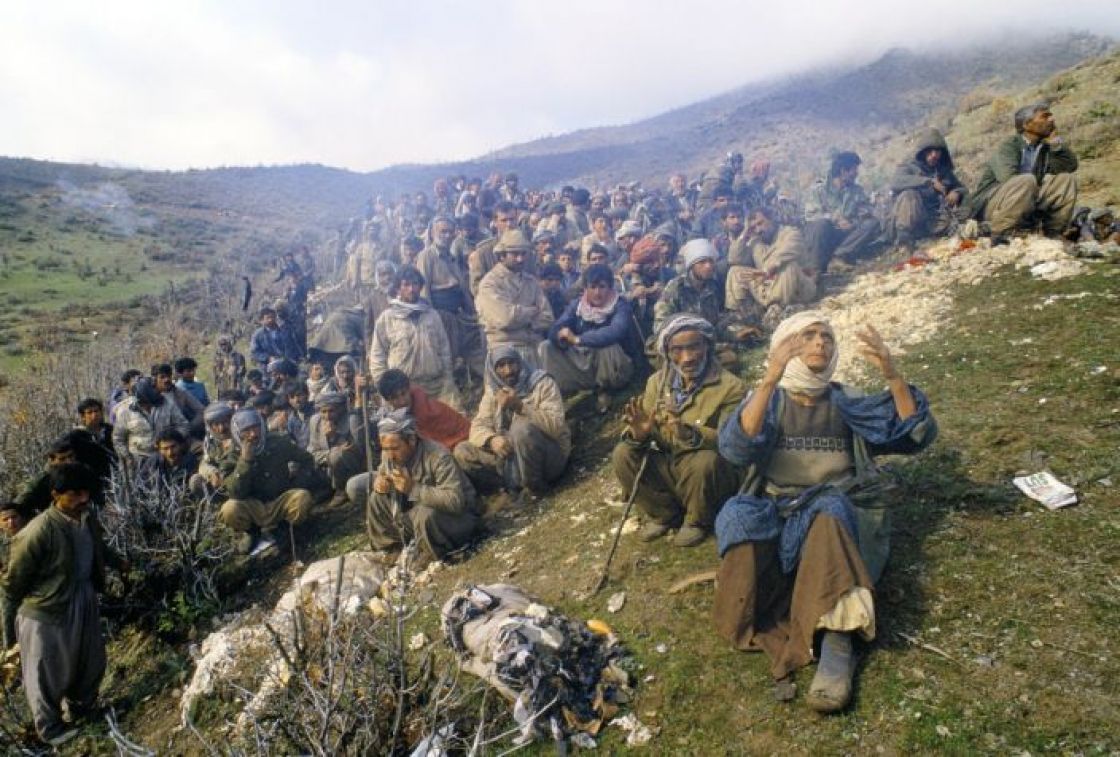- Editorials
- Posted
The Memorandum of Understanding and «Two Problematics»
More than a month has passed since the signing of the Memorandum of Understanding between People’s Will Party and the Syrian Democratic Council, on August 31, which confirmed the two parties' determination to make joint efforts to push for a political solution to the Syrian crisis through the implementation of UNSC Resolution 2254. Discussions about this Memorandum continue, and some raise points they see as problematic in it. Among those points, there are two distinguished ones: the first one has to do with the way the Memorandum has dealt with the Kurdish issue, and the second one has to do with its dealing with the Autonomous Management.
In order to make a dialogue with the opinions presented on the two above-mentioned issues, we begin by quoting from the relevant text of the Memorandum, relating to the Kurdish issue: “The hoped-for state of equal citizenship in Syria stresses the Syrian societal diversity, and the commitment to find a just, democratic solution to the Kurdish issue in Syria in accordance with international covenants and declarations and the constitutional recognition of their rights”.
This is mentioned within the third term of the memorandum, and it is based on its introduction which affirms equal citizenship; This means that the entry point for dealing with the Kurdish issue, and the issue of nationalities in general, is full equality among Syrians regardless of any sub-national affiliations. But that alone is not enough, because nationalities, as part of the Syrian societal richness, have rights that should be recognized in a way that serves national unity. On top of these rights comes the explicit recognition of the Kurdish issue, as well as recognition of the rights related to language and heritage, making a due respect to them and to their development. Moreover, the Kurdish issue has two dimensions, one is Syrian and the other is regional, and what the Syrians can address is the Syrian aspect of the issue as an essential part of the general democratic cause in the country. As for its regional aspect, the Syrians can also, by addressing the local aspect on the one hand, and by resolving the Syrian crisis on the other hand, contribute to laying the foundation for the solution of the Kurdish issue in its regional sense on the basis of brotherhood between the peoples of the region including Arabs, Kurds, Turks and Persians.
Regarding the second point, the Memorandum states the following: “The Autonomous Administration of North and East Syria is an objective necessity and a societal need related to the conditions of the country and the needs of the region which have been produced by the current crisis, and it is important to benefit from the experience of the Autonomous Administration, its advantages and disadvantages, as a form of people's authority in the regions which should be developed at the general national level, and within the framework of consensus between Syrians, in a way that strengthens the unity of the Syrian territories, the sovereignty of its state and its general administrative system”.
What this paragraph clearly makes clear, indisputably, is that the status quo of the Autonomous Administration is one imposed by the circumstances and needs of the current crisis (and in this sense it took place through well-known agreements between well-known Syrian parties). As for its transformation into a constitutionally based form, it will pass judiciously through a set of determinants: - Studying the experience with its pros and cons, which implies the consolidation of the positive and the negation of the negative, - Benefiting from it as a form of people's authority in the regions, which means benefiting from it not in a particular region of Syria, but rather in all of Syria and within the framework of “the unity of the Syrian territories, the sovereignty of its state and its general administrative system”, and all of this “within the framework of consensus between Syrians”. Taken collectively, these determinants completely block any allegations that claim, for example, that the Memorandum seeks to establish a “fait accompli”.
In any case, the memorandum, in its essence, feeds proposals for the future constitution of Syria, on which the Syrians should agree, and it does not in any way contradict the existing Syrian constitution, and discussion about it is still open, and perhaps thereby it has achieved one of its most important goals, which is to open dialogue on the largest scale, and between all the Syrian parties, as part of a comprehensive political solution based on UNSCR 2254.
Kassioun Editorial Issue no. 987, 12 October 2020


